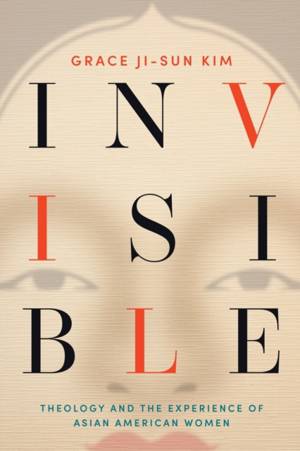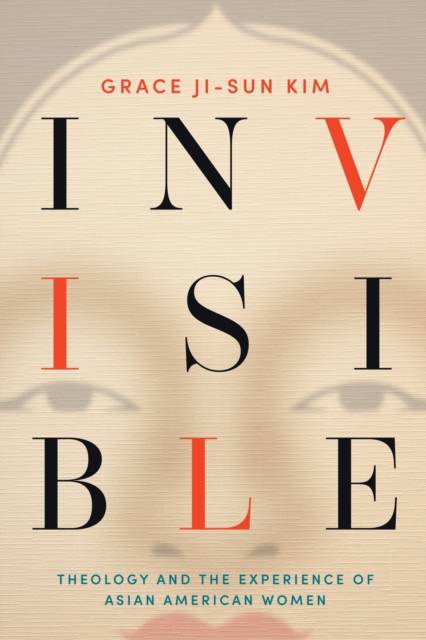
- Afhalen na 1 uur in een winkel met voorraad
- Gratis thuislevering in België vanaf € 30
- Ruim aanbod met 7 miljoen producten
- Afhalen na 1 uur in een winkel met voorraad
- Gratis thuislevering in België vanaf € 30
- Ruim aanbod met 7 miljoen producten
Omschrijving
Invisibility persists throughout the Asian American story. On the one hand, xenophobia has long contributed to racism and discrimination toward Asian Americans. On the other hand, terms such as perpetual foreigner and honorific whites have been thrust upon Asian Americans, minimizing their plight with racism and erasing their experience as racial minorities. Even more indiscernible in America's racial landscape are Asian American women. The compounded effects of a patriarchal Asian culture and a marginalizing American culture are formidable, steadily removing the recognition of these women's lives, voices, and agency.
Invisibility is not only a racial and cultural issue, but also a profound spiritual issue. The Western church--and its theology--has historically obscured the concerns of Asian Americans. The Asian American church relegates women to domestic, supportive roles meant to uplift male leaders.
In Invisible, Grace Ji-Sun Kim examines encounters with racism, sexism, and xenophobia as she works toward ending Asian American women's invisibility. She deploys biblical, sociological, and theological narratives to empower the voices of Asian American women. And she shares the story of her heritage, her family history, her immigration, and her own experience as an Asian American woman. Speaking with the weight of her narrative, she proclaims that the histories, experiences, and voices of Asian American women must be rescued from obscurity. Speaking with the weight of a theologian, she powerfully paves the way for a theology of visibility that honors the voice and identity of these women. As Asian American women work toward a theology of visibility, they uplift the voiceless and empower the invisible, moving beyond experiences of oppression and toward claiming their space in the kin-dom of God.
Specificaties
Betrokkenen
- Auteur(s):
- Uitgeverij:
Inhoud
- Aantal bladzijden:
- 177
- Taal:
- Engels
Eigenschappen
- Productcode (EAN):
- 9781506470924
- Verschijningsdatum:
- 9/11/2021
- Uitvoering:
- Paperback
- Formaat:
- Trade paperback (VS)
- Afmetingen:
- 152 mm x 229 mm
- Gewicht:
- 226 g

Alleen bij Standaard Boekhandel
Beoordelingen
We publiceren alleen reviews die voldoen aan de voorwaarden voor reviews. Bekijk onze voorwaarden voor reviews.











